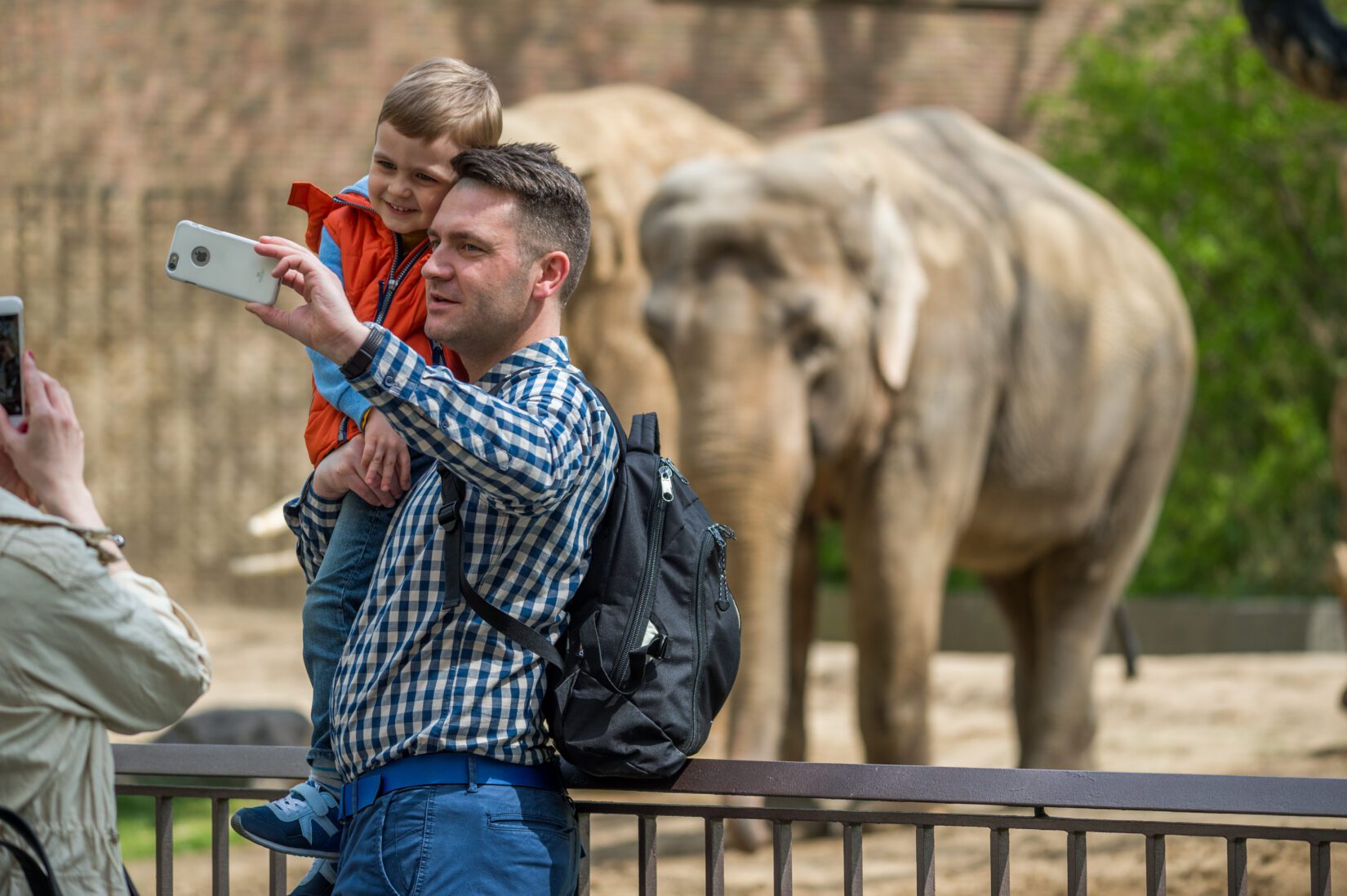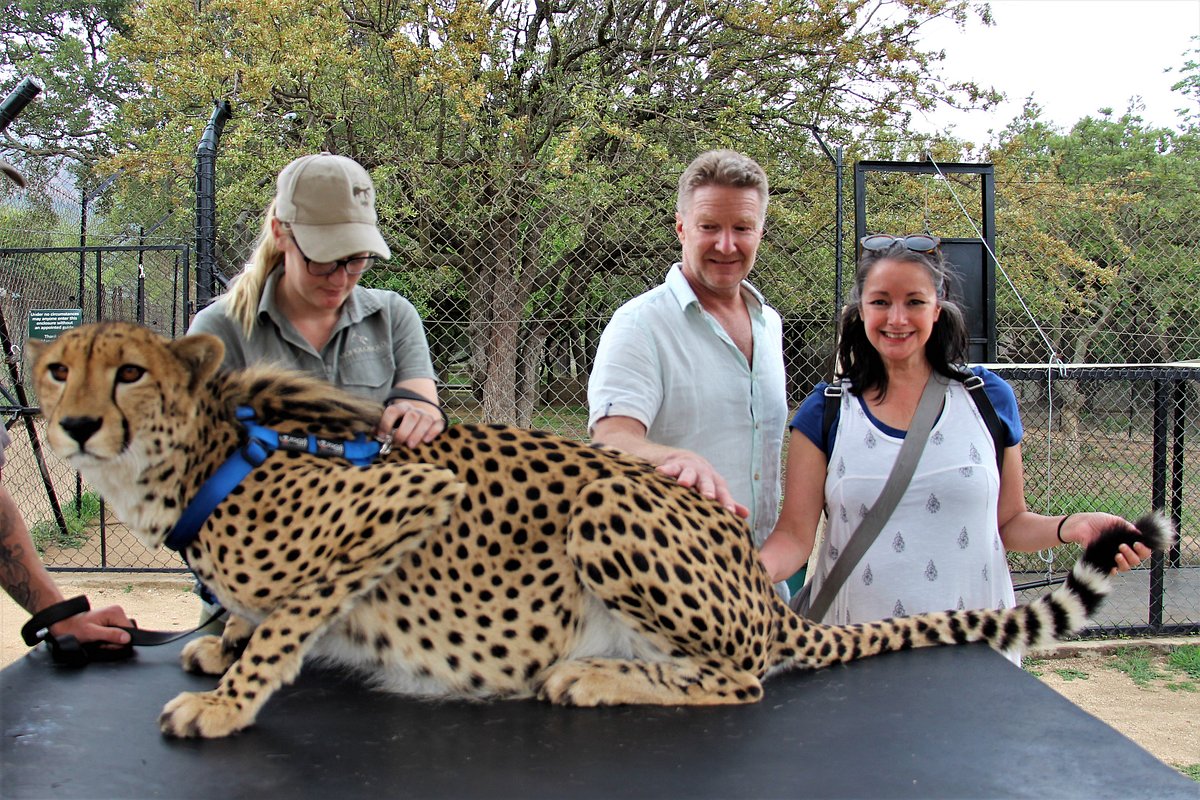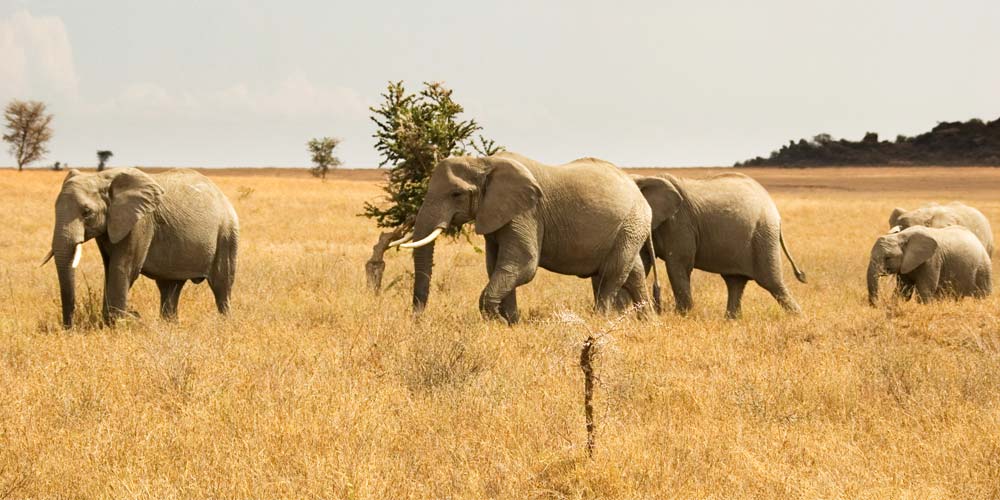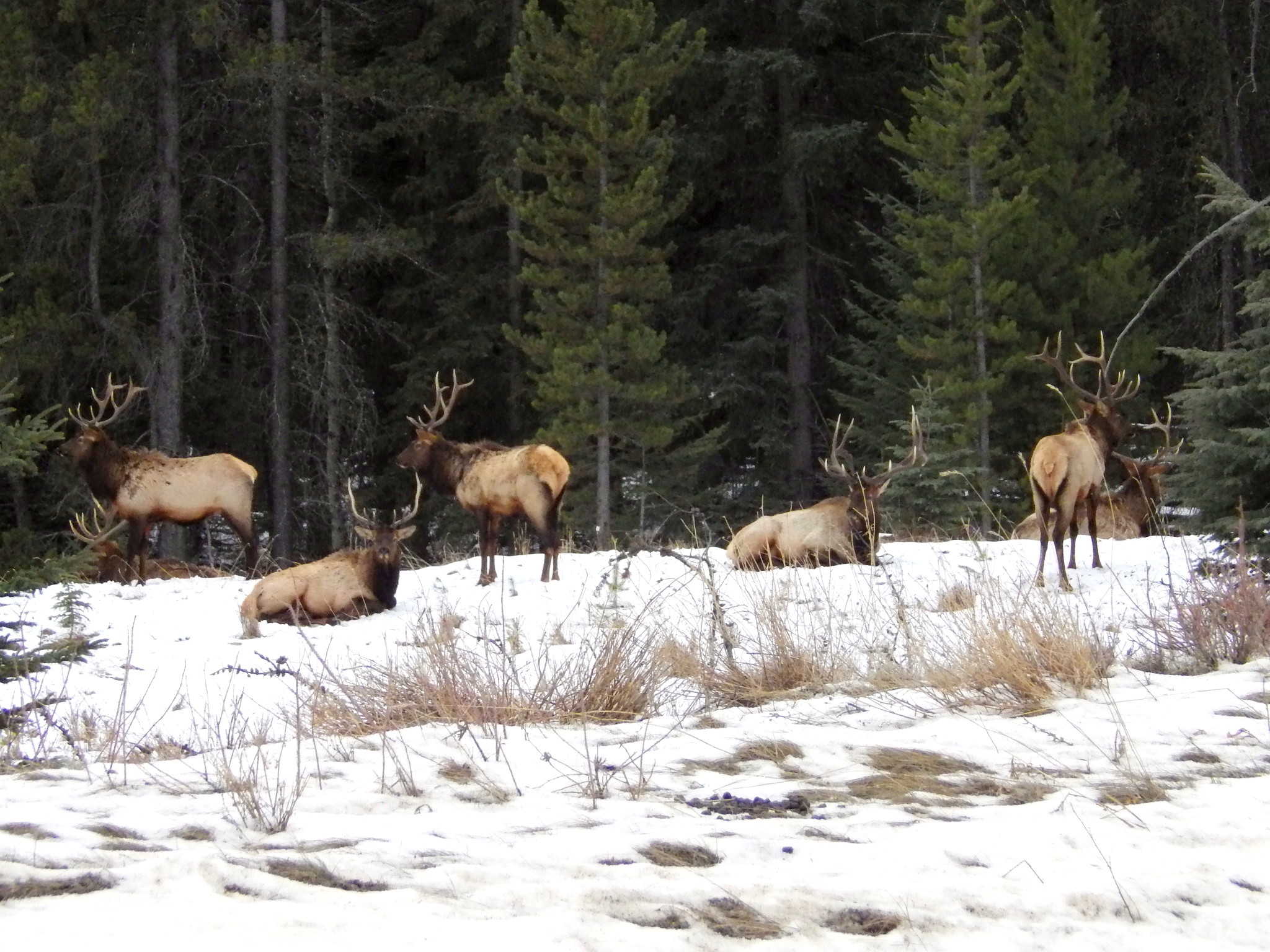There’s something truly captivating about encountering wildlife in its natural habitat. The opportunity to witness magnificent creatures up close is an experience like no other. However, it’s crucial to approach wildlife tourism with responsibility and ethics in mind. In this blog post, we’ll explore the world of responsible wildlife tourism and provide you with valuable tips to ensure your animal encounters are ethical and contribute to the conservation of these precious species. So, let’s embark on a journey of compassionate exploration and learn how to make a positive impact on wildlife through responsible travel.

1. Understanding Responsible Wildlife Tourism
Before we delve into the tips, let’s first understand what responsible wildlife tourism entails. Responsible wildlife tourism is an approach that prioritizes the well-being of animals and their natural habitats. It aims to minimize any negative impact on the animals, promote conservation efforts, and support local communities. By engaging in responsible practices, we can ensure that our interactions with wildlife are both enriching and sustainable.

2. Research and Choose Responsible Wildlife Tourism Operators
When planning your wildlife encounters, thorough research is key. Look for wildlife tourism operators that prioritize animal welfare, conservation, and ethical practices. Check if they are associated with reputable conservation organizations or have certifications, such as the Global Sustainable Tourism Council (GSTC) or the World Animal Protection’s Global Standards for Animals in Tourism. Reading reviews and seeking recommendations from fellow travelers who have had ethical wildlife experiences can also help you make an informed decision.

3. Support Sanctuaries and Rehabilitation Centers
Visiting wildlife sanctuaries and rehabilitation centers that rescue and care for injured or orphaned animals is an excellent way to support ethical wildlife tourism. These organizations play a crucial role in rehabilitating animals and releasing them back into their natural habitats whenever possible. However, ensure that the sanctuary you choose follows responsible practices, such as offering spacious enclosures and providing animals with proper diets and medical care. Avoid establishments that allow direct contact or promote animal performances, as these often prioritize entertainment over animal welfare.

4. Observe Wildlife in their Natural Habitat
Encountering wildlife in their natural habitat is the most authentic and ethical way to appreciate these incredible creatures. Join guided tours led by experienced naturalists or local guides who respect animal behavior and understand the importance of maintaining a safe distance. Remember, animals are not there for our entertainment; they have their own lives and territories to respect. Always follow the instructions of your guide to ensure the safety of both you and the animals.

5. Say No to Wildlife Souvenirs and Exotic Pets
Responsible wildlife tourism extends beyond the boundaries of travel. Refrain from purchasing souvenirs made from animal products, such as shells, ivory, or skins, as it fuels the demand for illegal wildlife trade. Likewise, avoid supporting the exotic pet trade by refusing to purchase or engage in activities involving wild animals as pets. Many wild animals suffer immensely from captivity and are often obtained through cruel means. Instead, support conservation organizations working towards protecting these species and their habitats.

6. Respect Wildlife and their Habitat
Respect for wildlife and their habitats is crucial for responsible tourism. Observe animals from a safe distance and never attempt to touch, feed, or disturb them. Flash photography and loud noises can cause stress and disrupt their natural behavior. Additionally, respect the environment by adhering to designated trails, disposing of waste properly, and avoiding littering. Leave nothing behind but footprints, and take cherished memories and photographs home with you.

7. Educate Yourself and Others
Education is a powerful tool for promoting responsible wildlife tourism. Take the time to learn about the animals you encounter, their behaviors, and their conservation status. Share your knowledge with fellow travelers, friends, and family, encouraging them to adopt responsible practices as well. By spreading awareness, we can collectively make a positive impact on wildlife conservation.
Final Thoughts
As travelers, it is our responsibility to ensure that our interactions with wildlife are ethical and respectful. By practicing responsible wildlife tourism, we can protect these magnificent creatures and their habitats for generations to come. Remember to research and choose responsible operators, support sanctuaries, observe animals in their natural habitat, avoid wildlife souvenirs and exotic pets, respect wildlife and their habitat, and educate yourself and others.


